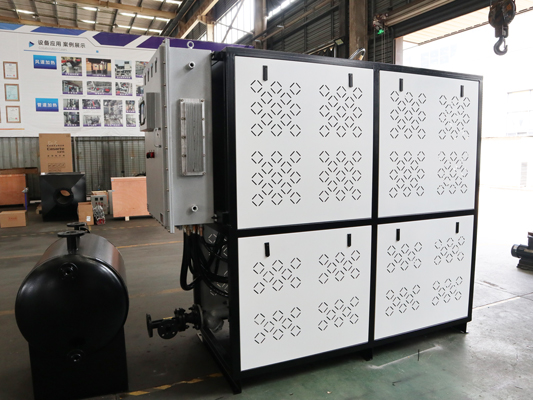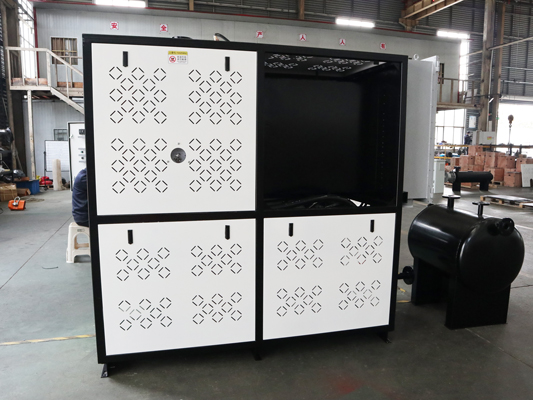1、 Core steps for selection
1. Determine the heating method
-Liquid phase heating: Suitable for closed systems with temperatures ≤ 300 ℃, attention should be paid to the effect of viscosity on fluidity.
-Gas phase heating: suitable for closed systems at 280-385 ℃, with high heat transfer efficiency but requiring higher thermal stability.
2. Set the temperature range
-Maximum operating temperature: It should be 10-20 ℃ lower than the nominal value of the heat transfer oil (such as 320 ℃ nominal value, actual use ≤ 300 ℃) to avoid coking or oxidation.
-Minimum operating temperature: The viscosity should be ensured to be ≤ 10mm ²/s (if heat tracing is required in winter to prevent solidification).
3. Matching system type
-Closed system: High safety, suitable for continuous operation, recommended synthetic heat transfer oil (such as diphenyl ether mixture).
-Open system: It is necessary to choose mineral oil with strong antioxidant properties (such as L-QB300) and shorten the replacement cycle.
2、 Selection of heat transfer oil type
Mineral type has low price and average thermal stability, limited to liquid phase use ≤ 300 ℃ LQB300 LQC320
The synthetic type has strong thermal stability (up to 400 ℃) and is suitable for gas phase and high temperature scenarios. It is also suitable for 240 ℃ and 400 ℃ biphenyl ether mixtures and alkyl biphenyl types

3、 Key performance parameters
1. Thermal stability: Acid value ≤ 0.5mgKOH/g and residual carbon ≤ 1.0% are safety thresholds, and replacement is required if exceeding the standards.
2. Oxidation safety: The open flash point is ≥ 200 ℃, and the initial boiling point is higher than the maximum working temperature.
3. Environmental friendliness: Priority should be given to non-toxic and biodegradable synthetic heat transfer oils (such as diphenyl ether type).

4、 Selection precautions
1. Avoid misunderstandings:
-Mineral oil cannot be used in gas-phase systems, otherwise it is prone to oxidation and leakage.
-Closed systems prohibit the use of low boiling point and volatile oils.
2. Brand and Certification:
-Select products certified according to GB23971-2009 standard and view third-party testing reports.
-Prioritize brands that provide after-sales service, such as Great Wall Thermal Oil and Tongfu Chemical.
5、 Maintenance suggestions
-Regular testing: Acid value and residual carbon are tested every six months, and viscosity changes are evaluated annually.
-System sealing: Closed systems require nitrogen protection, while open systems require shorter cleaning cycles.
If you want to know more about our product, please contact us!
Post time: Apr-10-2025




